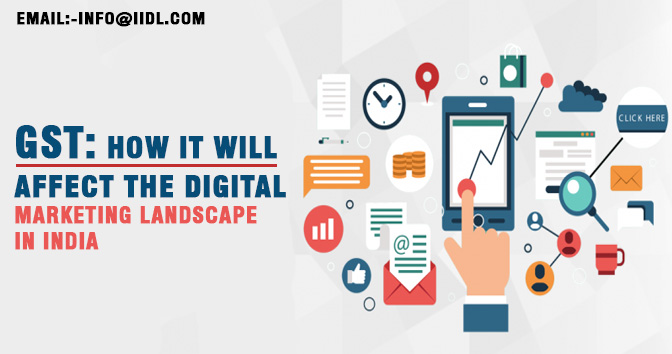


GST means goods and service tax. It is an indirect tax that will substitute the old regime of taxation like VAT, service tax, central excise. Now with the effect of GST, only a single tax will be levied on goods and services. GST came into force on 1st July 2017 in India, in this India is going to be one nation with one tax system. GST is the value-added tax economic researchers have said that it is quick to change by which businesses, companies, service sectors and consumers will be taxed.
Mr Narendra Modi’s government has come with the biggest reform in the economy. GST will play a significant role in improving various sectors still some sectors are unaware of how GST will impact their sectors and the digital marketing sector is one of them. Let’s see the digital marketing landscape in India and how the industry will gain or lose from GST.
Agencies of advertising



The service tax and GST are increased from 15% to 18% and we know that companies that are involved in digital marketing do not operate their industry in a single state they operate and comes in multiple states so GST would be a very difficult scenario for them under GST they will need to charge SGST/CGST/IGST depends upon the state of their client.
They need to adjust the increased 3%, they will be in a dilemma whether they should get it recovered from the clients or by increasing the prices or they should get it adjusted from lowering the production. By all this, we know that advertising agencies will face issues but eventually, they will sort them out.
Social media marketing



Social media’s Facebook has stated that you want to advertise in India it is important to update the business account of Facebook settings with the GST registration number before continuing to advertise on Facebook however they have clearly mentioned that no GST will be levied on the cost of Facebook ads so ultimately GST has impacted the social media marketing also with respect to other social media platforms it will be smart to keep an eye on what their new prices are and when they start levying GST.
Unregistered businesses will face issues
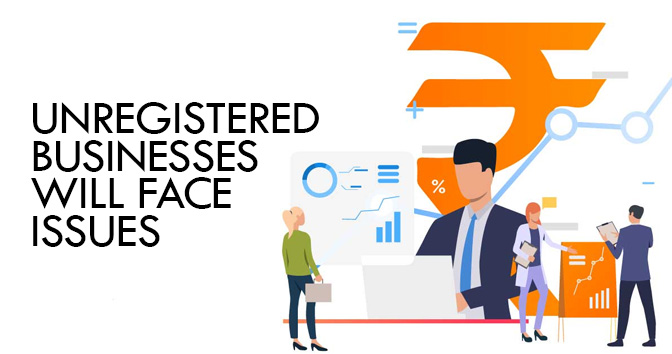


Under GST it is mandatory registration 20,00,00 or more however a businessman who wants to sell through online platforms will immediately need to get registered irrespective of turnover. Those who do not get themselves under proper registration will be forced to move out of the online system with the regime of GST sellers can register and have a fair competition for all online sales in terms of product prices, which requires taxation at standard rates.
Input tax credits
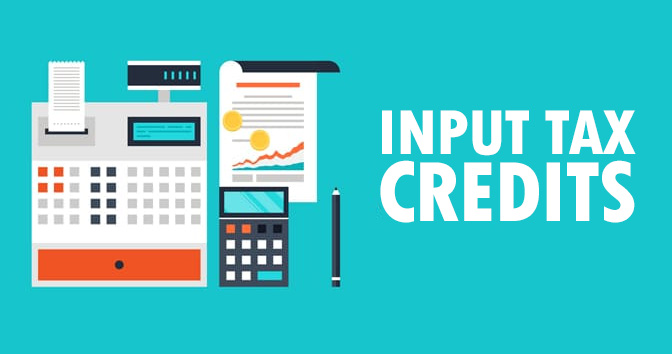


In the old taxation system expenses on advertising was considered as manufacturing expenses which were subject to tax under sales tax and VAT and with the introduction of GST expenses incurred on an advertisement will be available for an input tax credit of 18% on taxes which were paid to an advertisement this is great news as it will help businesses to cut down losses which were incurred due to advertisement expenses. The digital marketing course in West Delhi has come with perfect knowledge of how input tax credit under GST is benefiting the digital marketing section of the business.
Brands will face some teething problems
It is the totally new reform of taxation businesses and brands including individuals will face some implementation and teaching problems for the coming 2 to 3 months. There will be every type of businesses and brands which are quite big and have already prepared itself for the regime of GST. On the other hand, brands that are quite smaller are waiting to watch the strategy of others to save themselves from losses during the initial period of time.
The cost of digital marketing will increase
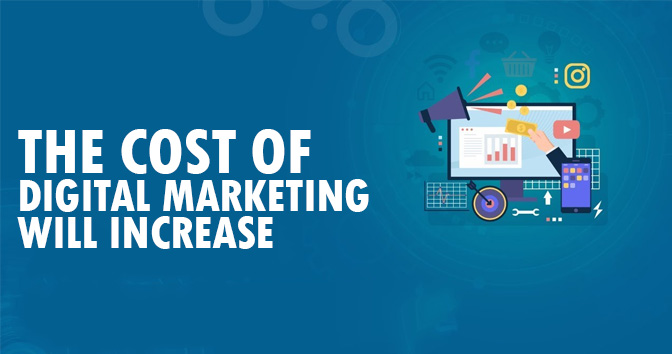


Foreign digital MNCs like Twitter Yahoo Google or Facebook with the effect of GST from 1 June 2017 will also be impacted they may increase the cost of advertising in India they will charge tax on digital services offered by them such as online sales television and radio advertising blogs emails websites and the creation of websites including online payment collection and social media marketing on social media is as well.
If anyone wants to update themselves on digital marketing and how it is going to impact the businesses with the effect of GST, they can register themselves in a digital marketing course in Dwarka. They have subsumed everything under this course.
There will be issues regarding compliances
The majority of products sold online have a 30-day return period, equivalent to around 15 to 20 million transactions per month, and these returns and refunds must be made with great care. Parties need special attention to the reconciliation of refunds affecting their tax obligations, which both parties currently have to file monthly returns. Industry experts may believe that while GST is welcoming standardization of its promise, the withholding tax will deter sellers from listing themselves on e-commerce marketplaces and take a toll on the e-commerce industry.
Also Read this – Free Online Advertising Sites
How is GST going to impact the customer?
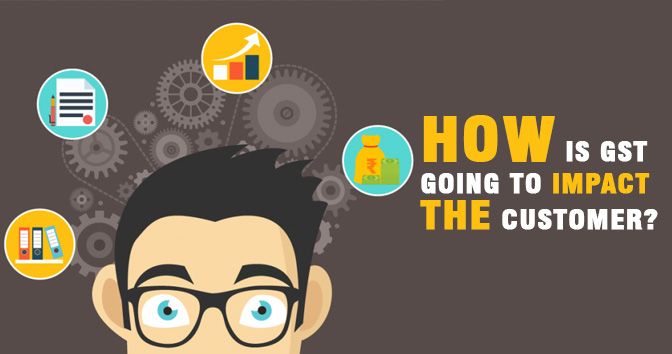


if GST’s standard rate of tax is 18%, it will significantly reduce global indirect tax costs on most products. In addition, until the product reaches the final consumer, there are many tax cascades for CST taxation, maintenance of interim cost tax deductions according to VAT law, taxation of immigration tax, local tax, etc. A high effect gives an effective indirect tax rate of 25% to 30% in the hands of the end consumer.
Even if these products maintain a low GST rate of 12%, the cost to the end customer increases. In GST there will be no cascade of taxation hence the end consumer is going to be happy with the effect of GST because in this taxation system there will be only one single tax.



